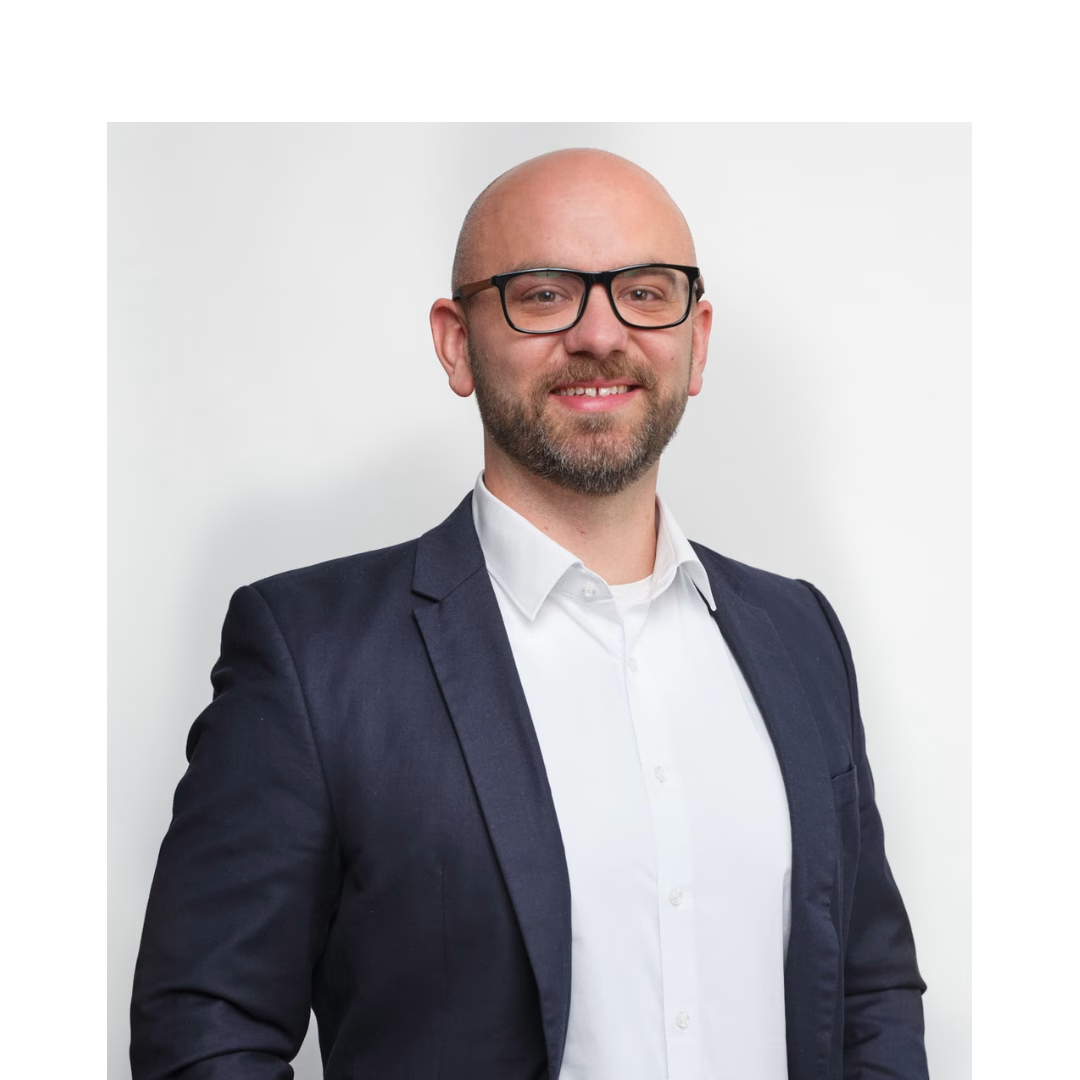With Thomas Schwarz, Plant Manager at Mautner Markhof, I discuss how traditional and modern values fit together and complement each other.
Mr. Schwarz, how do you manage the balancing act between tradition and modernity? Old traditional recipes, manual work and then permanent change, a modern corporate culture
At Mautner Markhof, the balance between tradition and modernity is a central theme. “The company stands for a long history of success that is deeply rooted not only in recipes, but also in craftsmanship and quality standards. However, this tradition should not be seen as a rigid legacy, but as a foundation on which to build bridges to the future,” Mr. Schwarz begins our conversation. This is not just about products, but about values, attitude and corporate culture.
The management at Mautner is aware that tradition alone is not the answer to constant change. The company is therefore asking itself the question: “How can we preserve what is tried and tested and at the same time respond to modern requirements?” The answer lies in a conscious cultural change that comes from within – for example, through a corporate culture that can be felt by all employees. This also means meeting new generations differently: For young employees, being 180 years old is not automatically a value in itself. That’s why Mautner conveys values not through history, but through tangible cooperation, fairness, modern working conditions – and an active commitment to quality. As the Managing Director says: “Quality is produced, not controlled.”
At Mautner, modern work culture is not reflected in hip symbols, but in concrete measures. Mr. Schwarz cites a few examples: “air-conditioned production areas, free drinks in summer, fruit baskets for everyone – not just for administration.” Employees in production and the warehouse should feel just as valued as those in the office. We make a conscious effort not to differentiate, but to promote a sense of cohesion. We consciously celebrate “incentive days” together, days on which we pass on a special, small token of appreciation – “Apple Day”, for example. This also includes celebrating together. At the summer party, managers cook for the employees – a conscious signal of appreciation.
When it comes to technical development, we pay attention to a healthy balance, which means: “Modernize without losing the craft,” explains Mr Schwarz. Process landscapes are mapped digitally, but not at the expense of sensor technology or experience. The expertise of long-standing employees – some of whom have been with the company for 30 to 35 years – is consciously safeguarded and passed on to young people. To this end, apprentices are specifically deployed in departments where a great deal of knowledge is located and which is at risk of being lost due to waves of retirements. At the same time, we are working on writing down this knowledge and systematically processing it – a major step towards sustainably safeguarding knowledge.
We also take a modern approach to training: Apprentices should not be seen as cheap labor, but as future specialists who actively help shape the company. This means that they pass through all departments, get to know the history of the company and develop a feeling for the origin and further development of the products – far beyond the formal requirements of the curriculum.
At Mautner, innovation is not only understood as product innovation, but also as a question of corporate culture: “How can resources such as water be used more efficiently? How can we establish sustainability as an attitude without losing sight of people?” says Mr. Schwarz. Here, too, the company is consciously taking small but effective steps forward, for example by investing in equipment or taking measures to optimize processes – without sacrificing traditional craftsmanship.
The bottom line at Mautner Markhof is not to lose the core in a world of constant change: The combination of experience, responsibility and the will to shape the future together – not despite, but precisely because of tradition.
What responsibility do managers bear?
Leadership and lived values are at the heart of Mautner Markhof’s corporate culture. This is not just about posters or mission statements, but about making values tangible in everyday life – through communication, setting an example and systematically involving all employees. The company’s values – quality, responsibility, further development and safety – should not be imposed from above, but should become visible through daily actions.
For Mr. Schwarz, the key lever for this is leadership: “Managers should not just manage, but provide guidance and set a good example.” After all, values cannot be delegated – they have to be exemplified. “That’s why we at Mautner Markhof attach great importance to sparring, coaching and joint reflection within the management team. Regular jour fixes, cross-team meetings and a transparent approach to challenges are part of everyday life,” explains Mr Schwarz, emphasizing how intensively he demands this time and again. This creates an awareness that every manager has a key function when it comes to making values tangible – for their own team as well as across departments.
Transparent communication is essential for this. Mr. Schwarz reports what he attaches particular importance to: “In cross-departmental meetings, we talk openly about current challenges – not only to find solutions, but also to promote mutual understanding. Problems in a department thus become a common topic – and not an isolated construction site.”
One particularly effective tool is the digital store floor board, which is used directly in production. Instead of displaying a performance indicator once a month, employees now have a daily insight into their results. This not only strengthens identification with their own work, but also the sense of unity within the team. It’s not about control, but about the visibility of performance and quality. At the same time, the digital system also creates space for direct input from employees – via tablets, for example, where ideas or problems can be entered directly. “We deliberately took this step to bridge the gap between digital management and the analogue working day – with great success: employees feel heard and taken seriously,” reports Mr Schwarz.
In production in particular, it becomes clear how important it is to focus on people. “Where daily work is physically challenging, communication, feedback and participation need to be even more targeted. Not every employee is familiar with digital tools – but here, too, we have found a pragmatic solution. Apprentices, for example, take on the role of knowledge brokers and pass on feedback from production. This not only secures information, but also connects generations,” says Mr. Schwarz, describing a specific example.
“Overall, we have a balance in the company between top-down driven decisions and an active, participation-oriented bottom-up culture. Strategies are not simply implemented, but are constantly enriched with feedback from the team – and if a measure does not work, this is communicated openly and readjusted together. This creates credibility, trust – and a strong sense of togetherness that is sustainable even in times of constant change,” says Mr. Schwarz, summing up the modern corporate culture at the long-established company.
His own stress tip:
“When I have or feel stress, I have found lavender for myself,” says Mr. Schwarz. For me, lavender is a plant with a wonderful aroma that creates an atmosphere where I can calm down and refocus. But sport in my free time is also extremely important, especially when I come home on a stressful day and am actually exhausted.





